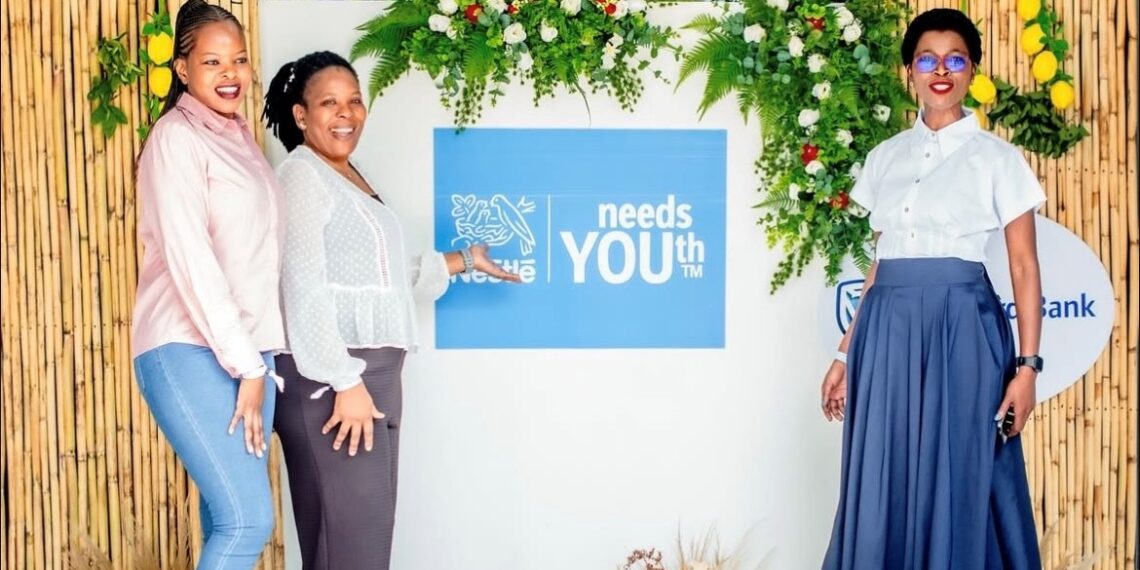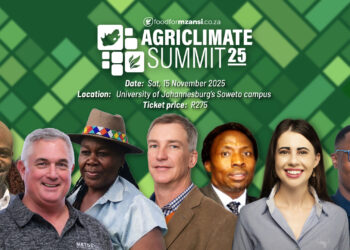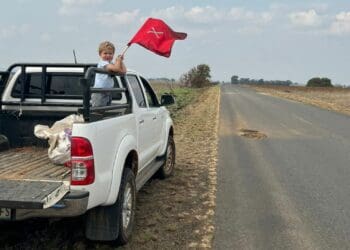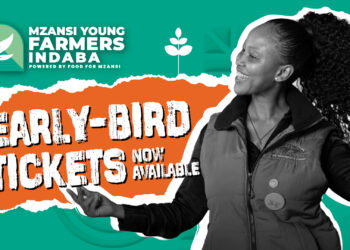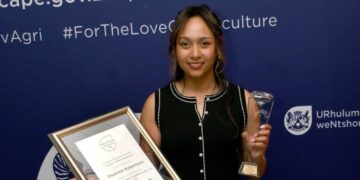On the eve of Africa Youth Day on 1 November, Nestlé, in partnership with Farming in Heels, showcased the vital role of young women in agriculture and the opportunities for youth to shape the continent’s agricultural future.
This collaboration highlights Nestlé’s commitment to shared value, ensuring business growth goes hand in hand with social impact, particularly by empowering young women in the agricultural sector.
Africa is a young continent: more than 60% of its population is under 25. Women already provide a significant share of agricultural labour across the region, yet they frequently face barriers in accessing land, credit, training, and technology.
In sub-Saharan Africa, women make up roughly 40% of agricultural labourers, but sole ownership of land remains limited. Only 13% of women report owning land solely, compared with 36% of men. These gaps often prevent young women from turning farming into a reliable business.
🌱 Tell Us About Your Farm!
We want to provide you with the most valuable, relevant information possible. Please take a few minutes to complete this short, confidential survey about your farming practices and challenges. Your feedback helps us tailor our coverage to better support the future of agriculture across Mzansi.
Practical support for emerging women farmers
“This was a gathering of people who know that growth begins beneath the surface, in cared-for soil and tended communities, and that true progress comes from creating shared value for all,” said Comfort Tshisikule, youth and learning development lead at Nestlé East & Southern Africa.
“Nestlé aims to support young people with practical skills, mentorship, and market access. Our interest in this partnership is pragmatic: to extend our knowledge of what works at farm level, to share those lessons with aspiring women farmers, and to learn where policy and finance still fall short.”
Founded in 2021 by actress and poultry farmer Kamohelo “Kamo” Bombe, Farming in Heels has grown into a platform that provides practical training, mentorship, and networking opportunities for young women interested in farming and agribusiness.
Bombe noted, “I founded Farming in Heels to support young women in agriculture, giving them access to knowledge and networks that make success possible. Partnering with Nestlé amplifies this mission, reaching more young women and demonstrating the tangible impact of youth-led initiatives.”
Related stories
- Women gain ground in agri careers, but pay gaps remain
- Ipeleng wins prestigious M&G Power of Women Award
- ‘One woman, one hectare’: Farm women demand land rights
- Food justice: Rural women launch campaign to end hunger
Since its launch, the initiative has attracted hundreds of participants across South Africa. Past summits, including the 2023 Midrand conference and 2024 provincial masterclasses, offered training in poultry and crop production, agro-processing, farm finance, and market access.
Innovation, sustainability, and inclusive growth
This year’s summit aligned with Africa Youth Day’s theme of digital pathways for sustainable development. Participants engaged in workshops and panels exploring digital tools in agriculture, regenerative farming practices, and entrepreneurial resilience, reinforcing Nestlé’s commitment to innovation, sustainability, and inclusive growth.
A key highlight was Nestlé’s pilot projects with supplier farms, testing regenerative practices that reduce emissions and improve soil health.
“Through projects like the Skimmelkrans low-carbon dairy farm, we’ve seen how focused, evidence-based interventions at farm level can drive measurable progress,” said Hoven Meyer, group manager: agricultural services at Nestlé ESAR.

EARLY-BIRD TICKETS ARE AVAILABLE NOW!
Africa’s biggest youth-in-agriculture gathering is back – and it’s only getting bigger!
“These initiatives show that when we understand what works – what improves yields, strengthens resilience, and lowers emissions – we can share those lessons with emerging farmers, including young women entering the sector.”Farming in Heels and its partners will continue to track which interventions are scalable and identify gaps in land access, finance, and policy.
As Tshisikule concluded: “If industrialisation is to be sustainable, it must be inclusive; and if it is to be inclusive, it must centre women and youth. Our hope is that every participant leaves with one idea, one connection, or one commitment they can act on.”
READ NEXT: Halala! Meet the 2025 Western Cape Prestige Agri Awards winners


